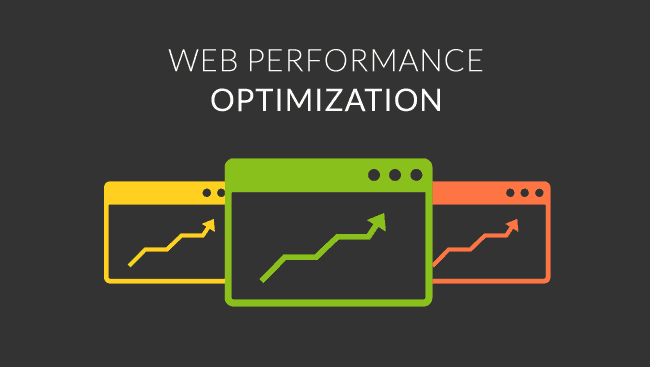
The Importance of Web Performance Optimization in Modern Development
By Udit Agarwal

In today’s digital age, web performance optimization has become a critical aspect of modern web development. The speed and efficiency of a website can significantly impact user experience, search engine rankings, and even business success. As users expect faster and more responsive websites, developers must prioritize performance optimization to stay competitive. This article will explore why web performance optimization is crucial in modern development and provide insights into key strategies for achieving it.
The Need for Speed
One cannot overstate the importance of a fast-loading website. Studies have consistently shown that users are susceptible to page load times. A delay of just a few seconds can significantly drop user engagement and conversion rates. In a world where information is readily available, users expect websites to deliver content quickly and seamlessly.
Impact on User Experience
Web performance optimization directly affects user experience. A slow website frustrates users and can lead to high bounce rates, where visitors quickly leave the site. On the other hand, a fast and responsive site enhances user satisfaction, encourages extended visits, and increases the likelihood of users achieving their goals, whether making a purchase, filling out a form, or consuming content.
SEO and Search Rankings
Search engines like Google consider website performance as a ranking factor. For example, Google’s Page Experience update includes Core Web Vitals, which measure aspects of web performance, such as loading, interactivity, and visual stability. Websites prioritizing performance optimization are more likely to rank higher in search results, leading to increased visibility and organic traffic.
Mobile Optimization
Optimizing mobile performance is essential as mobile devices continue to dominate web traffic. Users on smartphones and tablets need more patience for slow-loading websites. Ensuring your website is responsive and loads quickly on mobile devices is crucial for attracting and retaining users.
Reduced Costs
Web performance optimization can lead to cost savings. Faster-loading pages require fewer server resources and consume less data. It can reduce hosting and bandwidth costs, making your website more efficient and cost-effective.

Critical Strategies for Web Performance Optimization
Achieving web performance optimization requires a combination of strategies and techniques. Here are some essential approaches to consider:
1. Image Optimization
Large images can slow down your website significantly. Use image optimization techniques to reduce file sizes without compromising quality. Consider responsive ideas that adapt to different screen sizes.
2. Minimize HTTP Requests
Each HTTP request adds to page load time. Minimize requests by combining CSS and JavaScript files, reducing unnecessary dependencies, and leveraging browser caching.
3. Content Delivery Networks (CDNs)
CDNs distribute website content across multiple servers worldwide, reducing the physical distance between the user and the server. This results in faster loading times for users in different geographic locations.
4. Efficient Code
Optimize your website’s code by removing unnecessary white spaces, comments, and line breaks. Use minification tools to condense HTML, CSS, and JavaScript files.
5. Server and Hosting
Select a reliable hosting provider and configure your server to handle traffic efficiently. To reduce server response times, utilize server-level caching and Content Management System (CMS) optimization.
6. Asynchronous Loading
Load non-essential elements asynchronously to allow the primary content to appear quickly. For example, load scripts and tracking codes after the page’s critical content.
7. Performance Monitoring
Regularly monitor your website’s performance using tools like Google’s PageSpeed Insights, GTmetrix, or WebPageTest. These tools provide valuable insights and recommendations for improvement.
The Continuous Process
Web performance optimization is not a one-time task but a continuous process. Maintaining a fast and efficient website requires ongoing effort as technology evolves and user expectations change. Regularly update your website, monitor its performance, and adapt to new optimization techniques to stay competitive in the digital landscape.
In conclusion, web performance optimization is paramount in modern web development. It impacts user experience, search engine rankings, and overall business success. Prioritizing performance optimization enhances user satisfaction, reduces costs, and increases your website’s visibility. By following key strategies and staying committed to optimization, developers can ensure their websites meet the speed and responsiveness expected by today’s users.